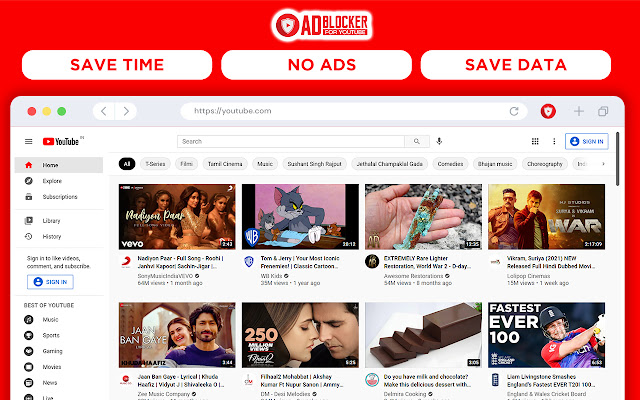Insurance is a crucial aspect of our financial well-being and risk management. However, navigating the complex world of insurance can be challenging, especially when you encounter a barrage of unfamiliar terms and concepts. In this article, we will demystify some of the key insurance jargon to help you make more informed decisions when choosing and managing insurance policies.
One of the most fundamental terms in the world of insurance is "premium." The premium is the amount of money you pay to the insurance company in exchange for coverage. This payment is usually made on a regular basis, such as monthly, quarterly, or annually.
The deductible is the amount you must pay out of pocket before your insurance coverage kicks in. For example, if you have a $1,000 deductible on your auto insurance policy and you have $5,000 in damages from an accident, you'll need to pay the first $1,000, and your insurance company will cover the remaining $4,000.
An insurance policy is a legal contract between you and the insurance company. It outlines the terms, conditions, and coverage details of your insurance arrangement. Be sure to read and understand your policy thoroughly.
Coverage refers to the specific risks and situations that your insurance policy protects you against. For example, in health insurance, your coverage might include doctor's visits, hospitalization, and prescription drugs. Make sure you have the right coverage for your needs.
A claim is a formal request you make to your insurance company when you've suffered a covered loss or incurred expenses that your policy should cover. Your insurer will investigate the claim and, if approved, provide compensation.
Insurance companies use underwriting to assess the risk of insuring a particular person or asset. They consider factors like age, health, driving record, and more to determine your eligibility for coverage and the premium you'll pay.
Liability insurance provides coverage in case you're responsible for causing harm or damage to others. For example, in auto insurance, liability coverage helps pay for the injuries and property damage you cause to others in an accident.
A beneficiary is the person or entity you designate to receive the benefits from your insurance policy in the event of your death. In life insurance, you choose beneficiaries who will receive the death benefit.
Exclusions are specific situations or events that your insurance policy does not cover. It's essential to understand what is excluded from your policy to avoid surprises when you need to make a claim.
Insurance riders are optional add-ons to your policy that provide extra coverage for specific situations. Common riders include rental car coverage in auto insurance or additional coverage for valuable items in a homeowners' policy.
Understanding these key insurance terms will empower you to make more informed decisions when purchasing and managing your insurance policies. Insurance is a critical aspect of your financial well-being, and knowing the jargon will help you navigate this complex world with confidence and clarity. Always consult with your insurance provider or a professional advisor to ensure you have the coverage you need.






0 Comments